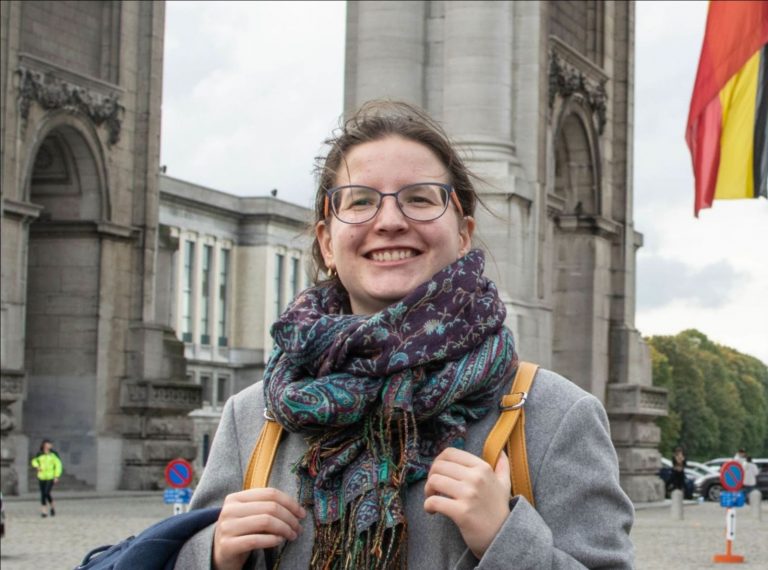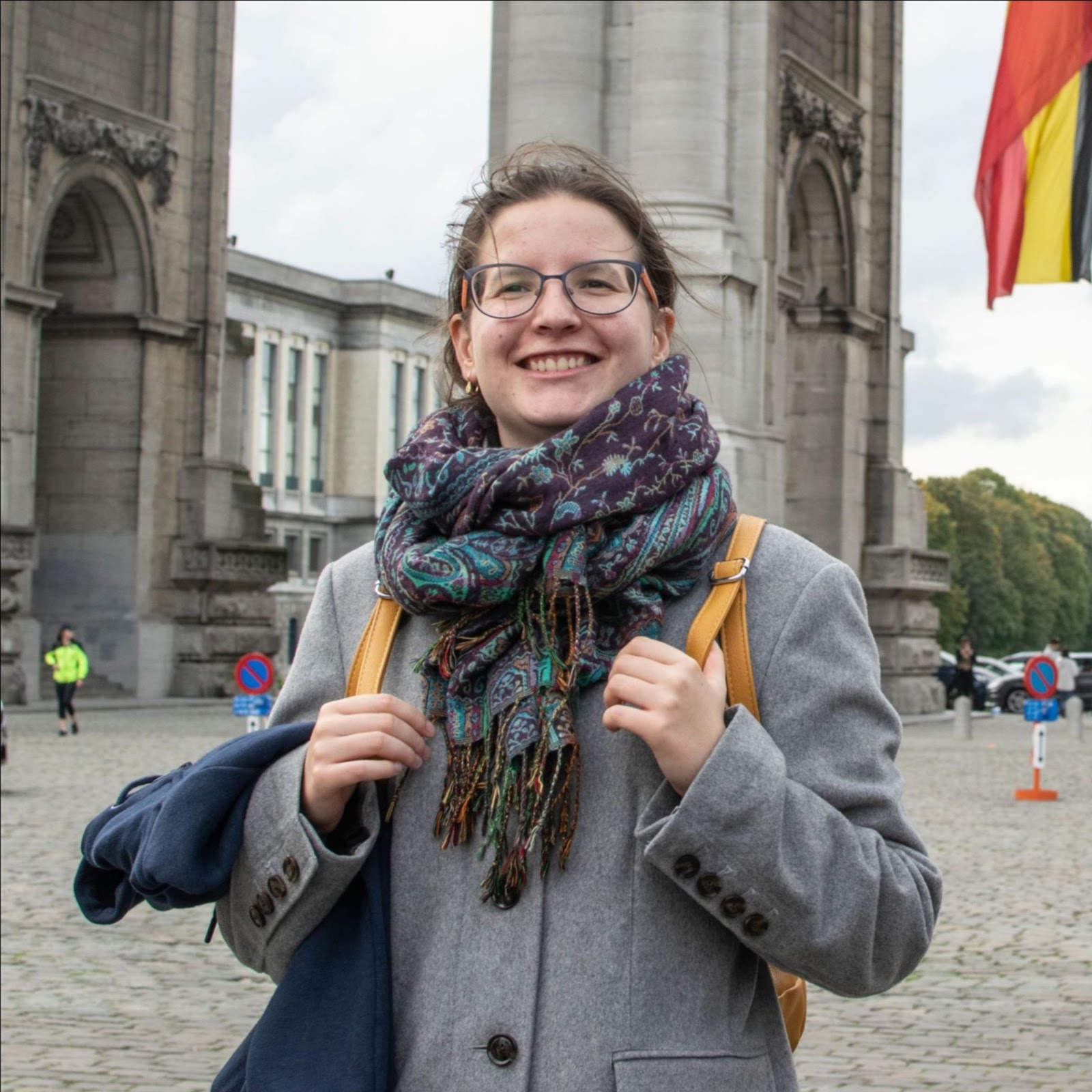
 On the 28th of November 2019, the European Leadership Programme (ELP) Fellows visited the Permanent Representation of Hungary to the European Union. Katalin Molnár (as Head of the Legal Service) and András Czeti (as HR manager) gave us – the ELP Fellows – the opportunity to get an insight into the Permanent Representation of Hungary to the European Union and they introduced how it and the Council works.
On the 28th of November 2019, the European Leadership Programme (ELP) Fellows visited the Permanent Representation of Hungary to the European Union. Katalin Molnár (as Head of the Legal Service) and András Czeti (as HR manager) gave us – the ELP Fellows – the opportunity to get an insight into the Permanent Representation of Hungary to the European Union and they introduced how it and the Council works.
What is a Permanent Representation to the European Union?
In the European Union, every Member State has a Permanent Representation to fulfil its obligations and represent its position, largely through the Council of the European Union (Council).
The Treaty of Lisbon defines the function of the Council and regulates its status as an essential decision-making body which negotiates and adopts legislative acts, normally with the European Parliament. It is characterized by being an intergovernmental cooperation and consists of Member States’ ministerial-level representatives. Although the decisions are adopted at a ministerial level, the preparation for the decision includes the participation of lower levels of the hierarchy. The Committee of Permanent Representatives (COREPER) plays a major role in the decision-making procedure. Differences may be made between COREPER I – which consists of the Deputy Permanent Representatives and deals with rather social and economic issues – and COREPER II – which consists of the Permanent Representatives and deals with the General Affairs, the Foreign Affairs, the Economic, the Financial Affairs as well as the Justice and Home Affairs. The Permanent Representatives are the Member States’ delegates to Brussels – representing the interests of the Member States in the EU, assisted by their administration.
Briefly, we can say that the Permanent Representative plays the linking role between Member States and the EU.
¨We are in a Hungarian territory here.¨
It is worth mentioning that by entering the building of the Permanent Representation you will be within the scope of the represented country, meaning we as ELP Fellows were also in the territory of Hungary while being in the building of the Permanent Representation of Hungary. Why is this Permanent Representation indeed interesting currently? It is enough to think about Mr. Olivér Várhelyi, the Hungarian Permanent Representative who became the Commissioner for Neighbourhood and Enlargement on 1st of December 2019, or we can think of the Article 7 procedure – what would like to be applied for the first time in EU history (against Hungary) – and we will see it is not a boring period in this Permanent Representation.
The Permanent Representation of Hungary to the European Union is the biggest Hungarian representation in the world. It is supervised by the Minister of Justice of Hungary and plays a role in the elaboration of the Hungarian position, although it doesn’t have a thematic role on issues that are not on the EU agenda because the Permanent Representation is an executive body; this is the extended hand of the Hungarian government in Brussels. The Ministry of Justice works both in Brussels and Budapest to implement the EU law into the laws of Hungary, and it involves other competent ministry, if needed, to deal with particular cases.
The Hungarian Representation to the EU works mainly with the Council (of the European Union) and the Council of Europe (what defines the EU’s political direction and priorities by heads of state or government of the EU Member States) where it represents the Hungarian negotiation position based on the home arrangements and contribute to developing the negotiating positions. Therefore, it should maintain a continuous and ongoing professional relationship with government agencies.
The ELP Fellows asked questions regarding the functioning of the Hungarian Permanent Representation and we were shown how diplomats work in Brussels. The Hungarian diplomats work not only with the Hungarian administration, but with the diplomats of the other Member States Permanent Representations. This is useful to develop and maintain good relations with the experts of the other Member States since they can help each other during their work. Sometimes, the diplomats from different Member States help each other (for example, they share notes) or in some cases, a cooperation between the Member States being in the same position may be reached by dividing the topics and the questions.
Conclusion
Our visit to the Permanent Representation of Hungary to the EU helped us understand how the Member States work together and make decisions that will affect the lives of the whole EU and of EU citizens. The decision-making and legislation are complicated processes during which the interests of every Member State need to be considered. How can 27 (after the Brexit) Member States work together for the EU while representing their position as well?
In my opinion, it is very important that the interests of Member State are represented in an appropriate way and that each Member State understand the interests of the rest of the Member States, in order to work together in the best professional manner for the common good of the EU what is a common goal for all of us.
Hereby, we would like to thank you Katalin Molnár and András Czeti for the presentation.
By Anikó Mecser
ELP Fellow

